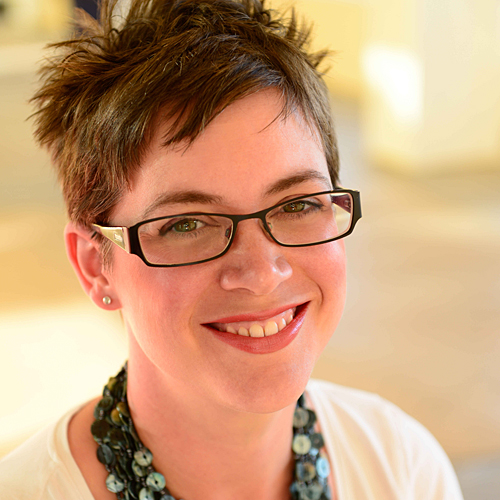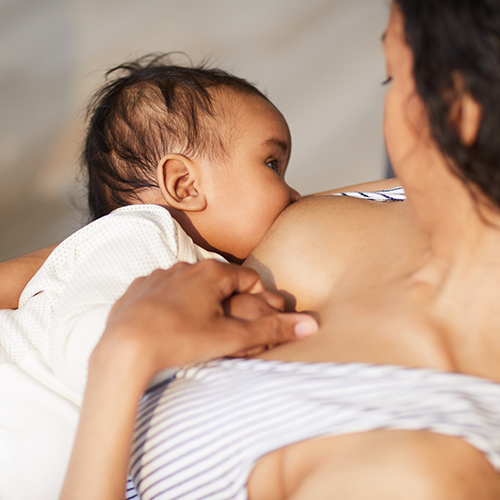 Sleep Online Course(s) & Continuing Education
Sleep Online Course(s) & Continuing Education
Access the latest clinical skills and research for Sleep for Lactation & Breastfeeding professional training. These Sleep online courses provide practice-changing skills and valuable perspectives from leading global experts. This Sleep education has been accredited for a variety of CEUs / CERPs and can be accessed on-demand, at your own pace.
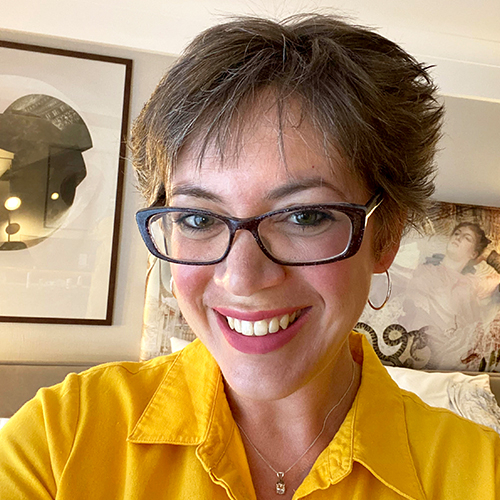
Addressing Complex Sleep Problems While Optimizing Breastfeeding

Lyndsey is an experienced paediatric nurse, children’s public health nurse, International Board Certified Lactation Consultant, Holistic Sleep Coach, researcher and responsive parenting advocate. She has worked in hospitals, clinics, the community and within clients’ homes for 20 years, serving within the UK NHS, in private practice and voluntarily.
The co-founder and clinical director of the Holistic Sleep Coaching program, Lyndsey regularly teaches internationally, as well as providing mentorship for newer sleep coaches. She is passionate about responsive feeding, gentle parenting and promoting parental confidence and well-being.
With Professor Amy Brown, she is the co-founder of Thought Rebellion – an education and publishing company seeking to inspire, challenge and equip professionals and writers in the parenting, lactation and perinatal space with an evidence based revolution.
Lyndsey is currently a PhD researcher at Swansea University, exploring the needs and challenges of medically complex breastfed infants and children. In 2019 she set up the Breastfeeding the Brave project to raise awareness of the unique breastfeeding needs of chronically, critically, and terminally ill children in the paediatric setting. The mother of a childhood cancer survivor, she often talks about the impact of chronic serious illness on families, and seeks to support other families living through a serious childhood illness.
Lyndsey is a respected international speaker and teacher, and regularly speaks out against the dominant sleep training culture, as well as advocating for the rights of families to receive high-quality, compassionate and expert support. She is the author of Holistic Sleep Coaching (2018), Let’s talk about your new family’s sleep (2020), Still Awake (2021), Breastfeeding the Brave (2022) and co-author of The Writing Book (2022).
Topic: Breastfeeding Children with Cancer - [View Abstract]
Topic: More Support in a Coffee Shop Than in the Hospital: Experiences of Breastfeeding Children With Medical Complexity - [View Abstract]
Topic: Supporting Families With Sleep While Optimising Attachment and Responsive Feeding - [View Abstract]
Topic: You Can't Sleep With Your Foot On The Gas Pedal: How To Improve Sleep By Tapping Into Calm - [View Abstract]
Many health, lactation, and childcare professionals find themselves in a position where the families they work with require support with sleep. Without readily accessible, evidence-based, gentle and effective sleep support, some of these families turn to sleep training which often leaves breastfeeding abandoned in the quest for more sleep.
Understanding key sleep biology principles, and being able to apply these to both simple and complex sleep scenarios can empower parents with the tools they need to maintain breastfeeding while also getting more sleep. In this presentation, we will explore some key concepts, and apply them to some practical real-life examples of both adults and infant-related sleep problems.

View Details / Enroll
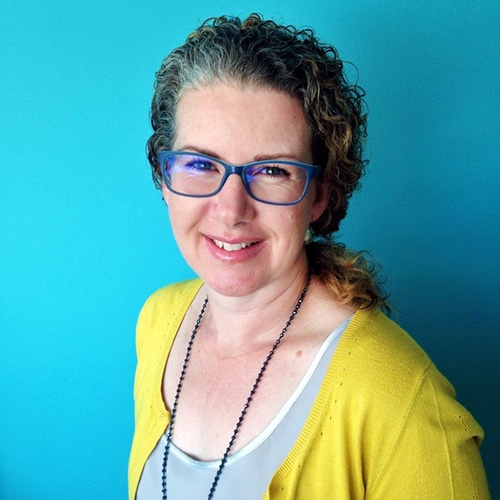
Confident Conversations; Empowering Parents to Make Choices to Prevent their Baby from Sudden Unexpected Death in Infancy

Christine is both a General Practitioner and senior lecturer in the Dept. of Paediatrics at The University of Auckland. She has taken a career long interest in Sudden Unexpected Death in Infancy and is now a doctoral candidate with Prof. Ed Mitchell. She also has a Primary care liaison role at her local district health board and is a clinical editor for primary care web-based Auckland Regional HealthPathways. Her current programme of research involves implementing and evaluating a web-based SUDI risk assessment tool with wrap around care planning for babies at higher risk, in the Counties Manukau Health District Health Board area in Auckland, New Zealand.
Sudden Unexpected Death in Infancy (SUDI) is the sudden death of a baby who was thought to be healthy in the 24 hours prior to death. SUDI remains as a leading cause of post neonatal death in many countries and indigenous and marginalised population groups are the most affected. Experts agree that most SUDI deaths could be prevented, however successful SUDI prevention programmes require system wide, consistent SUDI prevention advice and programmes tailored for higher risk groups.
The Safe Sleep Calculator is a SUDI risk assessment web-based tool that considers 15 SUDI risk factors and provides individualised recommendations on risk reduction. It enables clinicians to provide objective individualised advice for families on infant care behaviours to reduce SUDI risk. The experiences of implementing the Safe Sleep Calculator in a primary care setting and, in a district health board area in New Zealand, will be described.
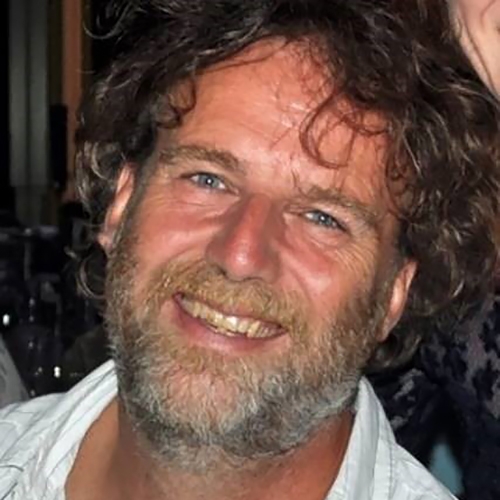
Reducing SIDS Risks Whilst Promoting Breastfeeding

Peter has a background in Medical Statistics and a particular interest in infant and childhood epidemiology. Born in Manchester, England, he studied Mathematics (BSc Hons) and Medical Statistics (MSc) before moving to Bristol where he completed his doctorate (Epidemiology of Sudden Infant Death Syndrome) in 1998. From his work on several major observational studies he is a recognised expert with over 100 publications in the SIDS field and was made an honorary fellow and advisor to UNICEF (UK) on infant care practices in 2009. In 2014 the Queen’s Annual Prize for Further and Higher Education was awarded to the University of Bristol based on Peter and his colleague Peter Fleming’s contributions in this field. He is the elected Chair of the International Society for the study and prevention of Perinatal and Infant Death (ISPID) and chair of the epidemiological working group. He is also a senior consultant methodologist for both the University of Bristol Trials Unit and the NIHR Research Design Service. He lives with his partner Helen and two sons, Jacob & Sam, aged 19 and 21 years.
Although the evidence suggests that promoting breastfeeding will reduce the risk of SIDS, some of the other risk-reduction advice given to parents seems counter-intuitive in terms of enabling breastfeeding. This talk will take a closer look at the epidemiological evidence (or lack of it) surrounding the promotion of dummy use, putting babies to sleep in cardboard boxes, the divergence in public health approaches to hazardous sleeping environments and the impact this may be having on international SIDS rates.
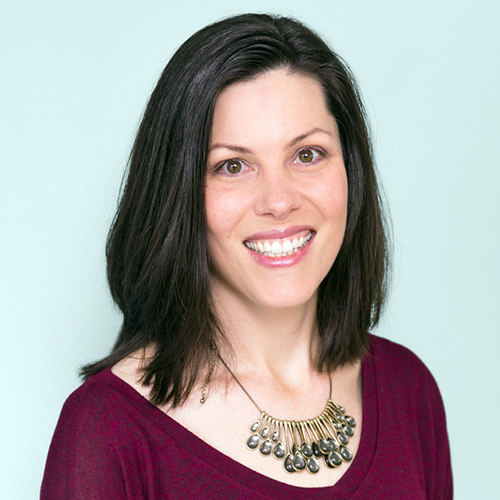

Cecília Tomori is Associate Professor and Director of Global Public Health and Community Health at the Johns Hopkins School of Nursing with a joint appointment at the Johns Hopkins Bloomberg School of Public Health. She is a Hungarian American anthropologist and public health scholar whose work investigates the structural and sociocultural drivers that shape health, illness and health inequities. Dr. Tomori is an internationally recognized expert on breastfeeding, infant sleep and maternal child health.
During the COVID-19 pandemic, she has supported numerous organizations focused on maternal child health and health equity and advocated for equitable pandemic policies. She has authored three books on breastfeeding and reproduction, and published numerous articles on a range of public health and anthropological topics.
Topic: Resolving Cultural Conflicts in Nighttime Breastfeeding and Infant Sleep - [View Abstract]
Nighttime breastfeeding and proximate mother-infant sleep play a crucial role in sustaining lactation but present challenges for parents in settings where solitary infant sleep is the norm, and bedsharing is viewed as controversial and inherently dangerous. While separate parent-child sleep arrangements are a relatively recent cultural invention, they have become the dominant cultural norm, which also shapes medical infant sleep guidance in the U.S. and other similar settings. Recent breastfeeding promotion efforts, however, conflict with these cultural and medical imperatives for separate sleep. As more parents breastfeed, they find themselves falling asleep next to their babies. Some may fall asleep on unsafe surfaces in their attempt to avoid bedsharing, while others regularly bedshare in secret to avoid social stigma and other repercussions. To ensure both safety and wellbeing for infants and families, an integrated approach to nighttime breastfeeding and infant sleep will be recommended that incorporates evolutionary and cross-cultural perspectives.

View Details / Enroll
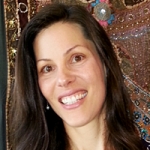
View Details / Enroll
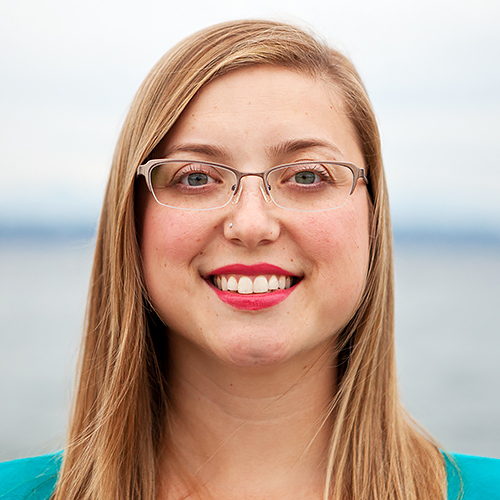
The Intersection Between Lactation, Sleep, and Family Well-Being

Joy MacTavish, MA, IBCLC, RLC is an International Board Certified Lactation Consultant and certified Holistic Sleep Coach focusing on the intersections of infant feeding, sleep, and family well-being. Through her business, Sound Beginnings, she provides compassionate and evidence-based support to families in the greater Seattle area, and virtually everywhere else. She entered the perinatal field in 2007 as birth and postpartum doula, and childbirth and parenting educator. Joy holds a Master of Arts in Cultural Studies, graduate certificate in Gender, Women and Sexuality Studies, and two Bachelors degrees from the University of Washington. She enjoys combining her academic background, analytical skills, and passion for social justice into her personal and professional endeavors. Joy serves as an Advisory Committee Member and guest speaker for the GOLD Lactation Academy. When not working or learning, she can be found homeschooling, building LEGO with her children, or dreaming up her next big adventure.
Topic: Full-Term Breastfeeding/Chestfeeding: Benefits, Considerations, and Ways to Offer Support - [View Abstract]
Topic: Mindful Breastfeeding: How Lactation Professionals Can Support Calm and Connection - [View Abstract]
Topic: Sending Reports: What’s in it for IBCLCs? - [View Abstract]
Topic: Supporting Clients Facing Fertility Treatment - [View Abstract]
Topic: The Intersection Between Lactation, Sleep, and Family Well-Being - [View Abstract]
Topic: Weaning: Supporting Families Stopping Lactation and/or Ending Their Breastfeeding/Chestfeeding Relationship - [View Abstract]
New parents often have questions and concerns about infant sleep, and the changes and challenges that go along with it. It is important to meet families where they are at the intersection between infant feeding, lactation, sleep, and family well-being. As lactation professionals, we can support them in gaining greater understanding of what to expect for infant sleep, as well as how to navigate challenges that may arise while working toward their lactation goals.
This presentation provides evidence-based information about common topics related to lactation and infant sleep. Participants will leave with an understanding of the key steps for how to integrate the management of infant sleep challenges into a lactation care plan. This includes 1.) a process for obtaining information about current sleep, and the variety of factors that may be impacting infant and parental sleep; 2.) elements to consider as a lactation care plan is created; and 3.) how to provide evidence-based information and resources in a compassionate manner that will allow informed decision-making about next steps toward their lactation and sleep goals. Incorporating this process into one’s practice will lead to more comprehensive care plans that take into account the realities and needs of the each family.
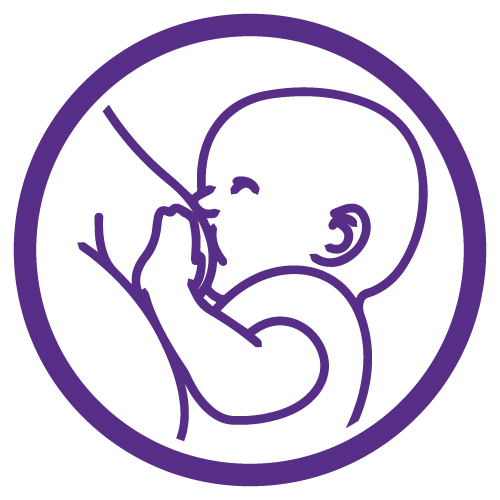
View Details / Enroll
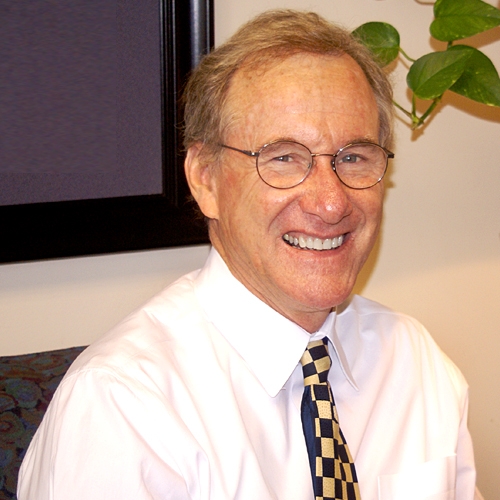
The Return of Breastsleeping: Humankind’s Oldest and Most Successful Sleep and Feeding Arrangement

JAMES MCKENNA (B.A., University of California, Berkeley; M.A., San Diego State University; Ph.D., University of Oregon) Rev. Edmund P. Joyce, C.S.C., Professor of Anthropology
McKenna pioneered the first behavioral and electro-physiological studies documenting differences between mothers and infants sleeping together and apart and has become known worldwide for his work in promoting studies of breast feeding and mother-infant cosleeping. A biological anthropologist, and Director of the Mother-Baby Behavioral Sleep Laboratory McKenna began his career studying the social behavior and development of monkeys and apes with an emphasis on parenting behavior and ecology. He has published over 150 articles and six books including a popular parenting book Sleeping With Your baby: A Parents Guide To Co-sleeping. He has coedited Ancestral Landscapes In Human Evolution, Evolutionary Medicine, and a more recent co-edited volume Evolution and Health: New Perspectives (Oxford University Press. He won the prestigious Shannon Award (with Dr. Sarah Mosko) from the National Institutes of Child Health and Development for his SIDS research and is the nation's foremost authority and spokesperson to the national press on issues pertaining to infant and childhood sleep problems, sleep development, and breastfeeding.
Breastsleeping refers to bedsharing-amongst breastfeeding mothers and infants occurring in the absence of all known independent risk factors.
Given that most breastfeeding mothers bedshare, there is a critical need to develop a new SIDS/SUID discourse, one that employs harm reduction strategies, family- tailored education, evidence-based medicine, and primary advice formulated by breastfeeding and lactation communities, researchers and associations. This new bottom-up, evidence-based discourse first and foremost respects what parents say they need, want, can and are willing to do.
This discourse acknowledges that, in the United States, bedsharing is common and what helps us to understand it is to reference scientific studies (heretofore dismissed by ‘authorities’) on the powerful infantile and parental biological factors that motivate bedsharing, and the realization that sleep-related risks are not co-equal but vary along a significant continuum of relative risks ranging between acceptable (especially where exclusively breastsleeping occurs i.e. where hazardous factors are eliminated) to unacceptable where a variety of well independent “risk factors’ are present.
I argue here for recommendations based on evidence-based medicine rather than the ideologically driven opinions and assumptions of those making the recommendations which are failing after 20 years of attacks on bedsharing and bedsharing families.

View Details / Enroll



